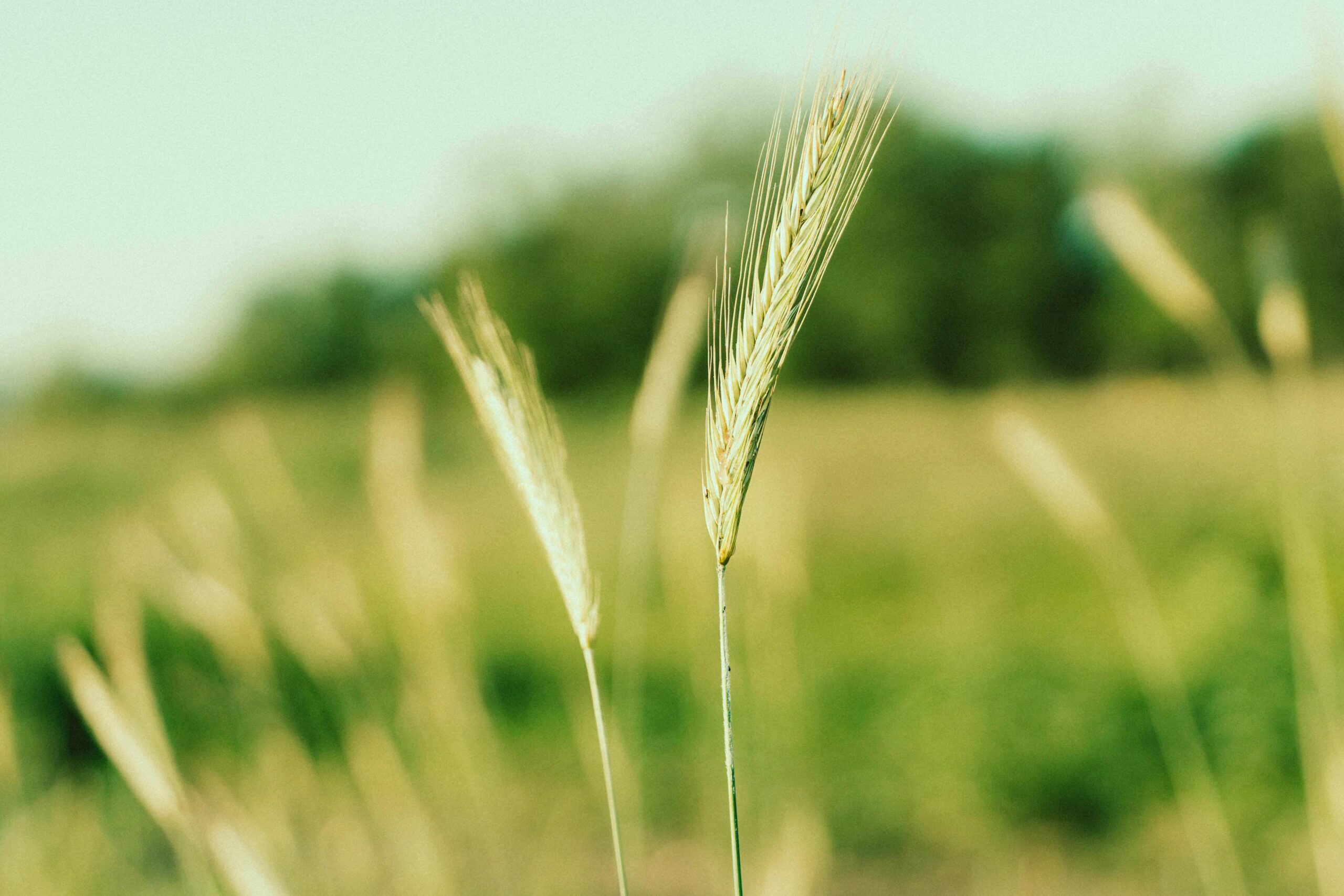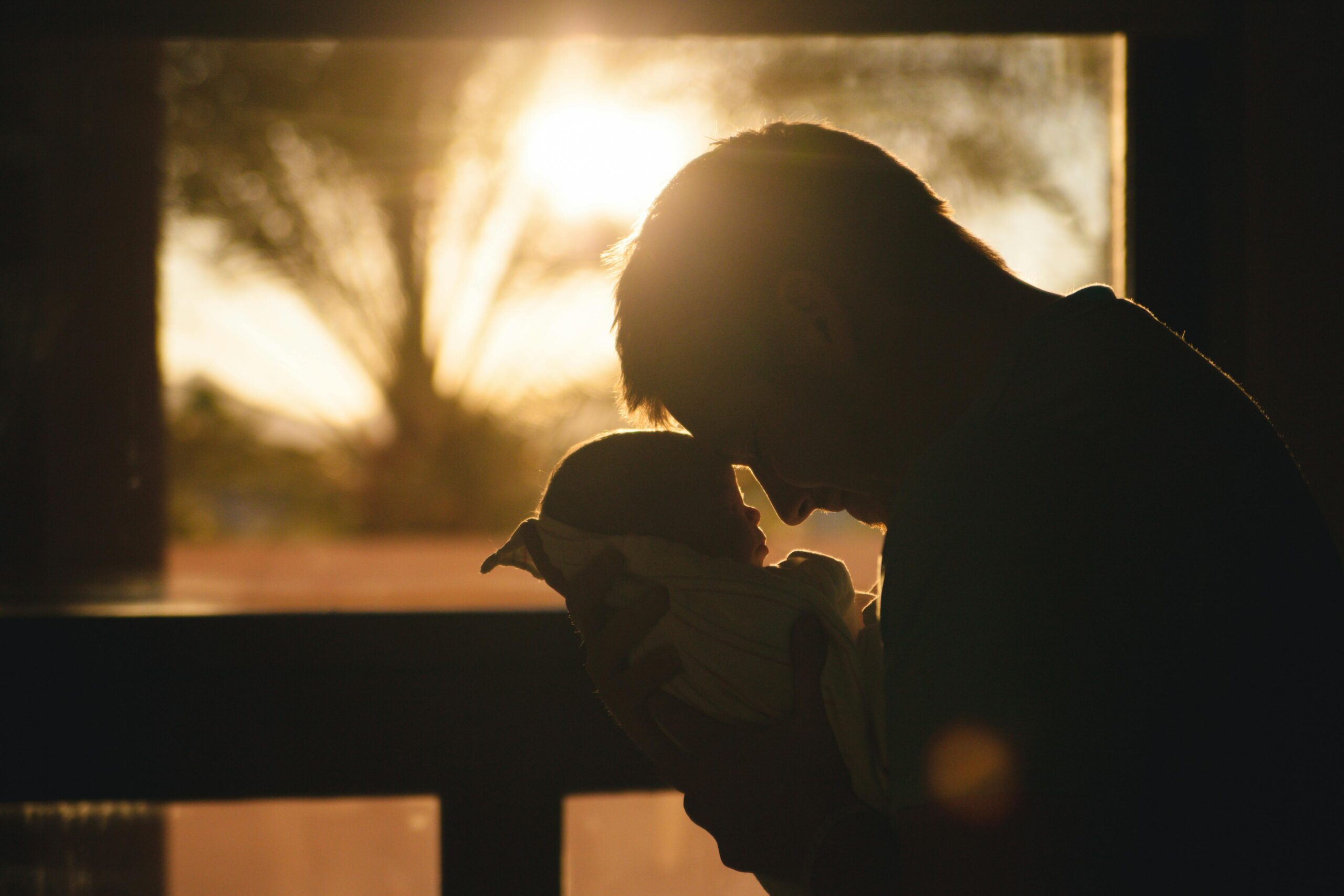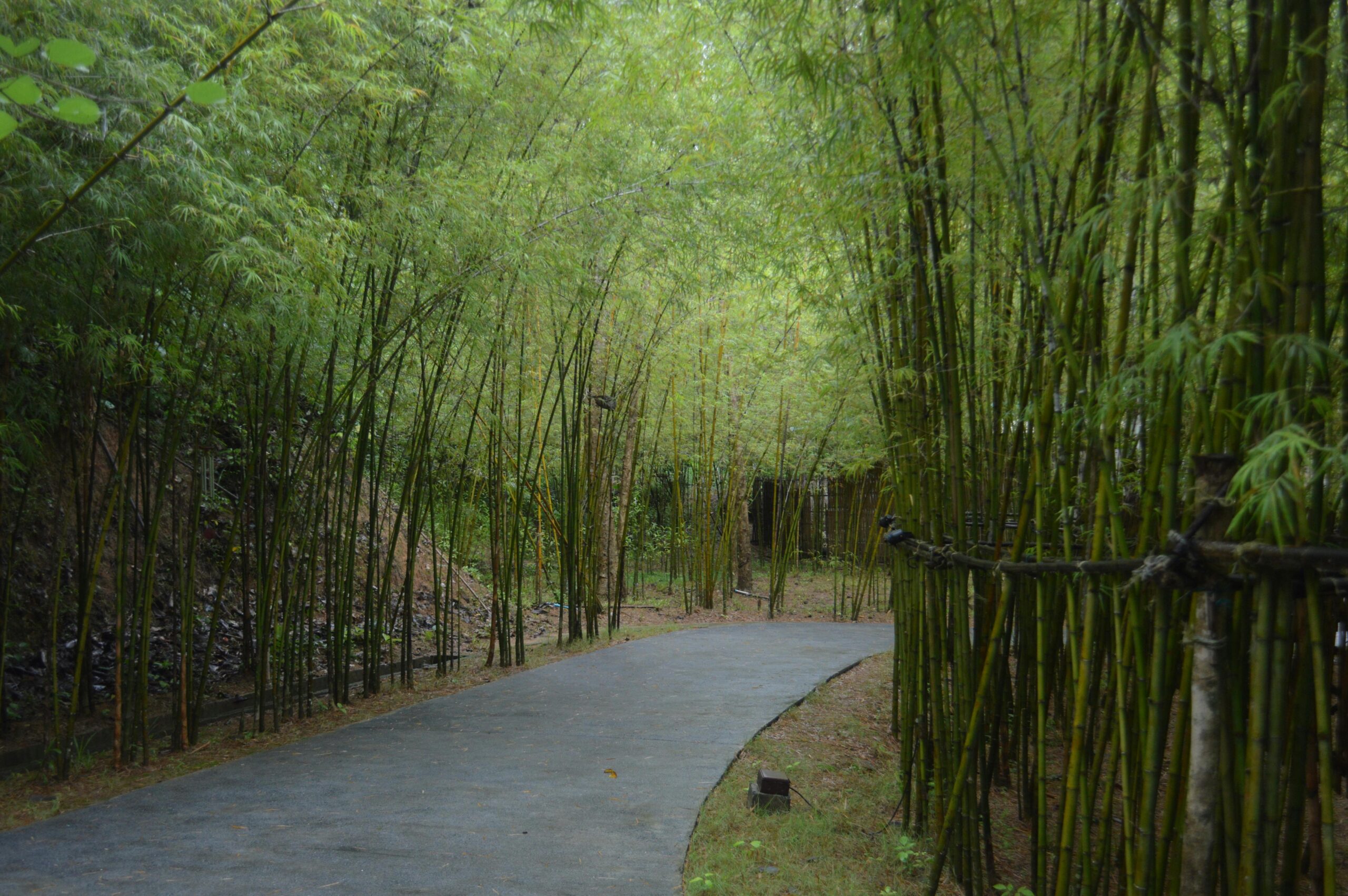By Tyler J., 45, Phoenix, Arizona
A story of personal transformation through honest recovery
When people hear the word “sobriety,” they think drugs. Maybe alcohol. But gambling? It’s a silent addiction. No smell on your breath. No slurred words. No obvious bruises—except the ones on your bank account and your soul.
For me, sobriety didn’t start with a court order or an overdose. It started in the parking lot of a casino, 104 degrees outside, sweating in my car with the engine off because I couldn’t afford gas. I had just spent $640—money meant for rent—on penny slots.
I was 42. I had nothing to show for a decade of chasing the next big win. No savings. No relationship. No peace. What I did have was a panic attack so intense I thought I was dying. That was the moment I realized: if I didn’t stop now, I wouldn’t survive this life. Not mentally. Maybe not physically.
What Life Looked Like Before
Gambling wasn’t my party trick. It was my identity. I’d tell people, “Slots are my stress relief.” In truth, they were my escape from everything—boredom, loneliness, anxiety, grief.
I worked as a mechanic. Solid pay. Flexible hours. But I’d sneak out on lunch breaks to hit the casino down the block. Sometimes I wouldn’t go back to work. I’d gamble until I was broke, humiliated, and numb. Weekends blurred into withdrawals, shame spirals, and promises: “Just one last time.”
I lied to family. Borrowed from friends. Cashed out my 401(k). At my lowest point, I was sleeping on my cousin’s couch, blaming the economy for my downfall. But deep down, I knew the truth: I had gambled away my life.
The First Honest Morning
The morning after that parking lot breakdown, I woke up in a panic again—but this time, I didn’t numb it. I wrote down three sentences:
- I am not okay.
- I want to change.
- I need help.
That was my start. I found a local counselor who specialized in behavioral addiction. I joined an online recovery forum. I told my cousin the truth, and he didn’t kick me out—he hugged me and said, “I was just waiting for you to say something.”
That was the beginning of my sobriety. Not perfect. Not linear. But mine.
The Routine That Saved My Life
Gambling gave my brain constant stimulation—dopamine, distraction, destruction. I had to replace that with structure, calm, and accountability. My recovery routine during the first six months:
- Wake up at the same time every day (even weekends)
- Morning walk without my phone
- 10 minutes of journaling, even if it was just “I hate this”
- Friday budget check-ins
- Weekly in-person recovery meeting and daily check-ins via app
- No screens after 9PM—late nights were my biggest trigger
- Short prayer or meditation before bed
I didn’t have a dramatic spiritual awakening. But slowly, the fog in my head started to lift. I noticed birdsong. I noticed people. I noticed my own thoughts—clearer and kinder.
Mental Clarity Is My Favorite Kind of High
It’s wild how much space gambling used to take in my mind. Now? I can think. I can rest. I can be bored without spiraling. I used to fear silence—now, I crave it.
Cravings still come. But now I recognize them for what they are: waves, not commands. I no longer live in survival mode. I live.
What Life Looks Like Now
I’ve been sober for three years. I rent a small place of my own. I was promoted at work. I volunteer once a month at a recovery center—not as a savior, but as someone who gets it.
I haven’t “arrived.” I’m just walking in the right direction. If you’re where I was—ashamed, panicked, unsure of your worth—I want you to hear this:
Sobriety is possible.
Clarity is possible.
Freedom is possible.
You don’t need to hit some epic rock bottom to change. All you need is one honest moment—and one step forward.
Ready to Begin?
Browse High Stakes Healing for conversation guides, support tools, and more stories like Tyler’s.
Have a Story to Share?
Tell us your truth. Your voice matters—and someone else needs to hear it.





